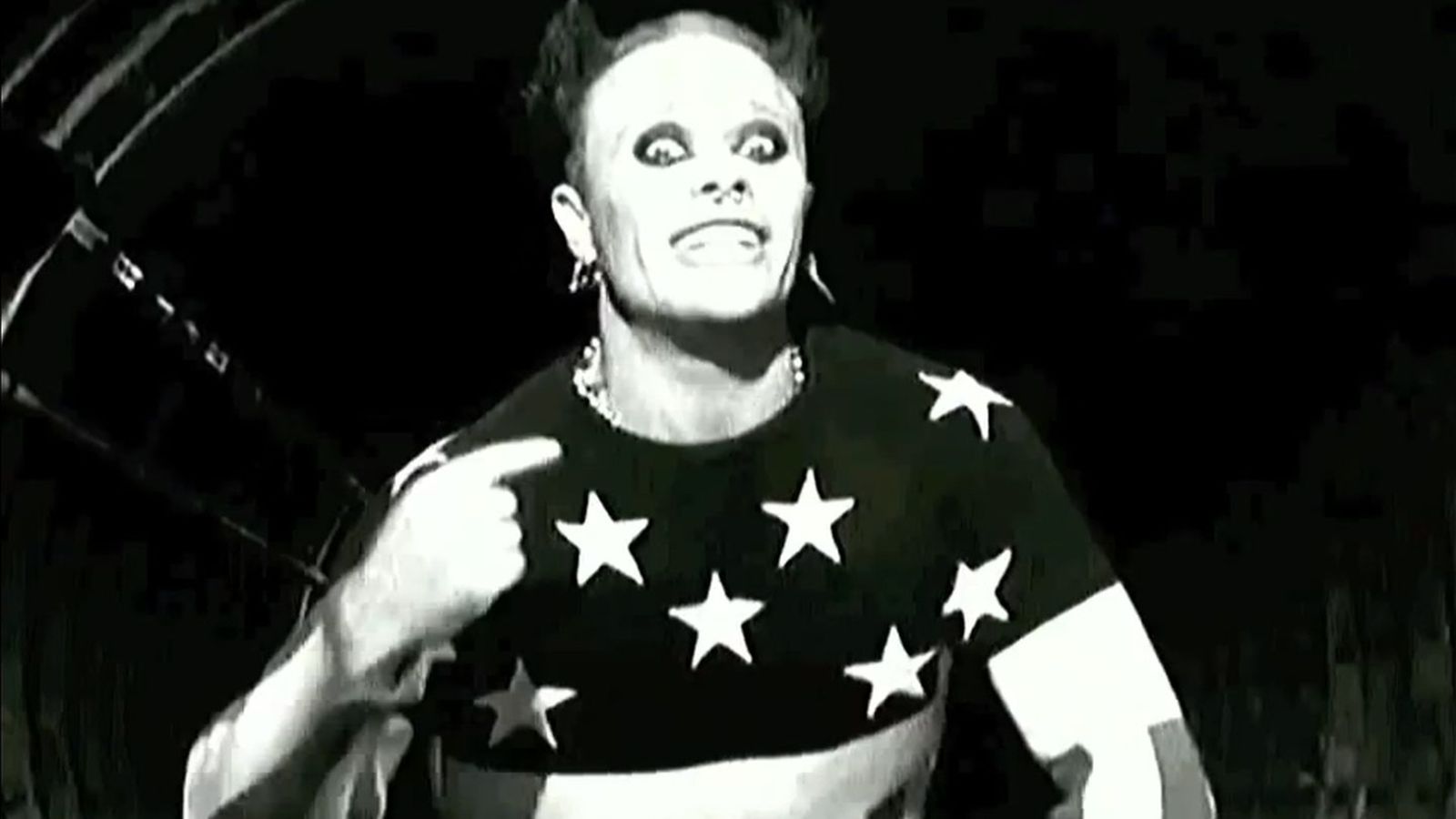
The success was immediate and Fellini named him his musical collaborator of choice.

It was not until 1952 when Harry Lime's theme was already widespread, and he took it as musical inspiration for the film The White Sheikh. The first three films that Rota approached musically: Zaza, Under the Sun of Rome, and The Glass Mountain have the correctness and magnificence of Puccini, but still in these did not yet appear Rota's cinematographic signature. Rota faced the challenge of communicating in bits of the song he understood that the image accompanied by the necessary notes becomes something new that has the forcefulness of an archetype, that is a powerful message that travels and is irremediably contagious, a wheel that starts and does not stop, just like his name: Rota. His teachers Ildebrando Pizzetti and Alfredo Casella never imagined the projection that Rota's music would have through the cinema at that time few academic composers considered making music for the film as a profession, as they heard with sadness how their great scores were reduced to an infamous "pedacería" during the editing process. At the age of eight he composed his first work and was admitted to the Santa Cecilia Conservatory in Rome as a child -only two cases are known in which a child has been admitted to this conservatory-, he also studied literature at the University of Milan.

Nino Rota learned music in a family of musicians in his home, which was very close to La Scala, they continually received distinguished visitors such as Stravinski, Toscanini, Giordano, and Castelnuovo Tedesco. The Harry Lime Theme was played by Anton Karas on the zither, and ever since Nino Rota saw that film, that theme was his obsession and salvation, his magic incantation to involve the viewer completely in the most powerful artistic event of the 20th century: the cinema.
#Movie music prodigy boy movie#
This simple harmonic scheme by Mackie Messer: C-Dm-G7-C-AmDm-G7-C, had already been used in the cinema as the theme of the movie The Third Man (1949). Something similar happens with Nino Rota, for in the music he composed for about 34 films, we constantly hear the most famous song that Kurt Weil composed for The Threepenny Opera: Mackie Messer (1928).

In reality, the reason why this Gregorian chant was used in this way by Rachmaninov we will never know, but it gave rise to the most intricate harmonic links ever known. It was discovered that Sergei Rachmaninov, the great composer, always included in his works the line of the Dies Irae, a sacred Gregorian chant that conjured the perfect realization of the composition. Nino Rota won an Oscar for the music of The Godfather II (1974). Nino Rota stood out for his precociousness: at the age of five he composed an oratorio, and at thirteen he composed a lyrical comedy: Prince Porcaro (1925).


 0 kommentar(er)
0 kommentar(er)
